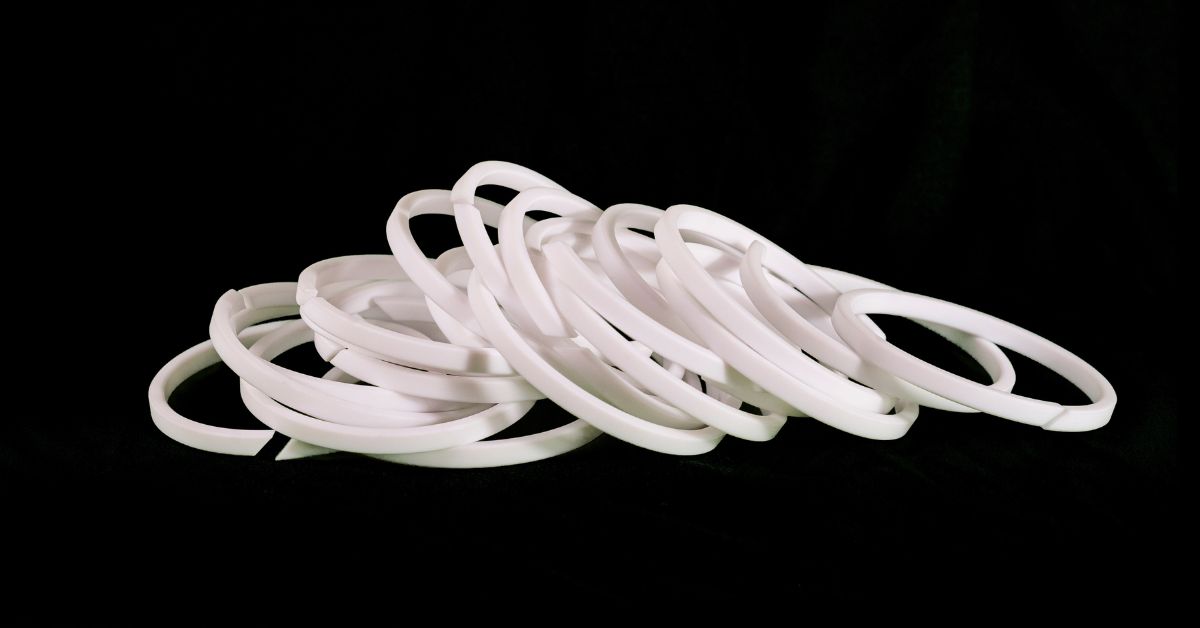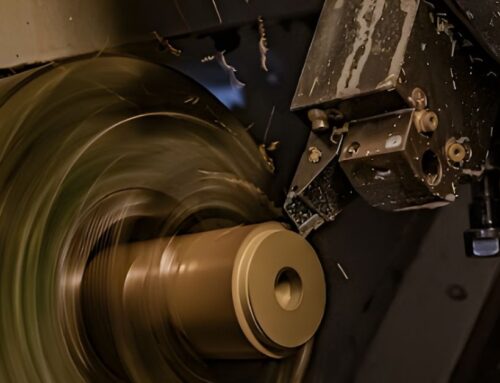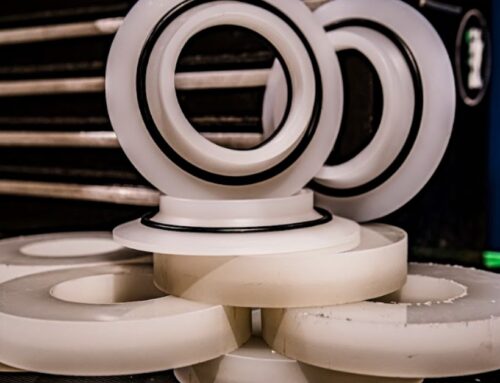Selecting the right material is essential when crafting a precision part. However, it can also be challenging since engineers have many high-performance materials to choose from, including plastics such as Torlon® and Vespel®.
Each polymer offers unique properties that cater to different applications. This makes it essential to learn the distinctive traits that set the two apart. Read on for a comparison of Torlon® vs. Vespel® that will help you select the right material for your precision parts.
Torlon®’s Advantages Over Vespel®
As a polyamide-imide (PAI) thermoplastic, Torlon® can endure extreme temperatures and offers users exceptional stiffness. Although Vespel® can provide users with considerable toughness, Torlon® offers even more, with a greater ability to handle excessive loads while maintaining dimensional stability. This makes it an excellent solution for applications requiring parts that endure constant stress.
Another defining quality of Torlon® is its ability to resist chemicals. Although Vespel® features this trait, it can be more vulnerable to acids and alkali compounds than Torlon®. This allows the thermoplastic to do a better job of avoiding degradation and maintaining functionality over time.
Vespel®’s Advantages Over Torlon®
As we have established, Vespel plastic sheets offer users considerable strength and chemical resistance. However, one area where this advanced polyimide material rises above Torlon® is in terms of heat resistance. Although the thermoplastic can provide users with reliable service at temperatures of 500 degrees Fahrenheit, Vespel® can go even higher.
This plastic can stay strong at 550 degrees Fahrenheit and withstand 900 degrees for limited amounts of time. This makes Vespel® useful for electronics and systems requiring effective heat management.
But Vespel®’s advantages over Torlon® do not end there. The material also possesses a lower absorption rate than Torlon®, which gives it an edge when users need components that can better withstand humid applications.
How To Decide Between the Two
After reviewing their benefits and differences, choosing between Torlon® vs. Vespel® hinges on your application’s unique demand. For example, if a laboratory requires components that can provide considerable chemical resistance, it may be wiser to use Torlon® components. However, if you need a component that can withstand high heat and won’t easily degrade due to moisture, consider using Vespel®.
Enhance Your Components With Plastic Machining Inc.
As we’ve seen, incorporating Torlon® and Vespel® into your components can enhance their service lives. One company that is ready to help you enjoy these advantages is Plastic Machining Inc. Our associates have extensive experience with these polymers and can create products that will give you the performance you deserve.






Leave A Comment